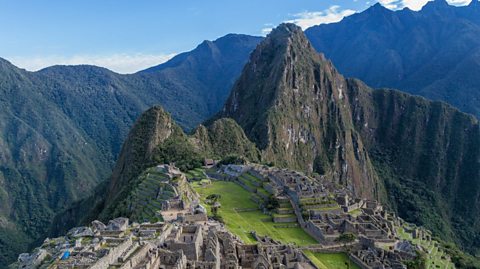Where is Oceania?
Most of Oceania is in the Southern Hemisphere. There are fourteen countries in Oceania, including Papua New Guinea, New Zealand and Australia.
Oceania is mostly surrounded by ocean. The Indian Ocean is to the south and the North Pacific Ocean and the South Pacific Ocean are to the west. The Tropic of Capricorn passes through the middle of Oceania. Most countries in Oceania are south of the Equator.
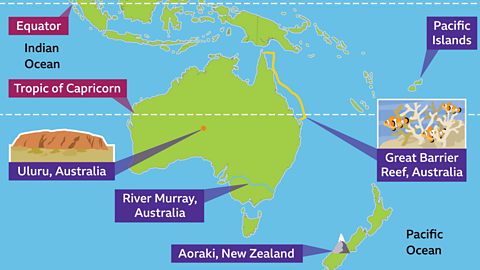
Oceania is made up of over 10,000 islands. Many of these scattered across the Pacific Ocean. Lots of these islands have been created by volcanoes, although some are made on coral reefs.
Physical geography
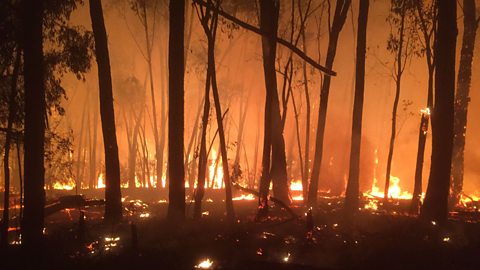
Climate
Parts of Oceania can be very warm and get a lot of sun all year round.
The north of Oceania has a tropical climate, like in Papua New Guinea. There can be monsoons in the wet season as there is heavy rainfall.
Other parts of Oceania are very dry, like Australia. There can be droughts and bushfires due to the hot and dry climate.

Features
The longest river in Australia is the Murray River - it is 2,508 km long. One of the highest mountains in Oceania is Mount Kosciuszko in Australia at 2,228m high. Another famous mountain is Aoraki, which is the highest mountain in New Zealand.
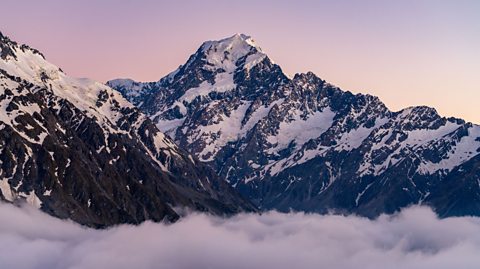
Uluru in Australia is a sandstone rock called a monolith. It is the largest monolith in the world and taller than the Eiffel Tower. It is sacred to Aboriginal Australians and it is famous for its rock art carvings by the ancient people of Anangu.
The Great Barrier Reef
The Great Barrier Reef off the coast of eastern Australia is the world’s largest coral reef system. It contains around 350 species of coral and 1,500 species of fish. It is so big that it can be seen from space.
Climate change is affecting this important eco-system. Increased water temperatures are causing the coral to die off. Scientists call this coral bleaching.
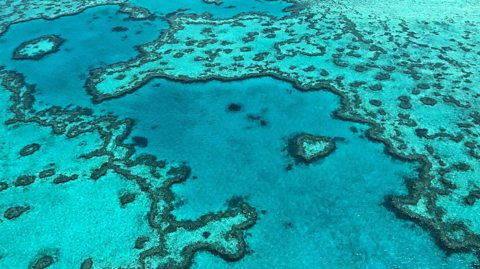
Volcanic eruptions and earthquakes
The islands of New Zealand and others are located within the tail end of the Ring of Fire. This is a horse-shoe shaped region of intense tectonic plate activity around the edges of the Pacific Ocean. There are more volcanoes and earthquakes in this area than anywhere else in the world.
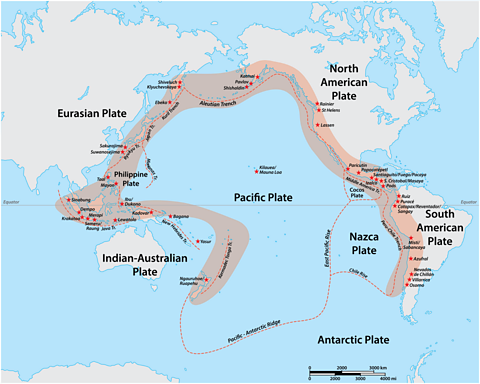
Tonga is a archipelago of more than 170 islands in the South Pacific Ocean. There are around 36 undersea volcanoes near Tonga.
The Hunga Tonga-Hunga Ha'apai volcano erupted in 2022 causing a huge plume of ash, steam and gas to rise from the ocean.
The eruption from Hunga Tonga-Hunga Ha'apai triggered a tsunami (a series of big waves). This caused much flooding and damage to parts of Tonga. Tonga's capital Nuku'alofa was covered in a coating of volcanic ash. Some waves, more than a metre high, flooded houses and streets.
Human geography
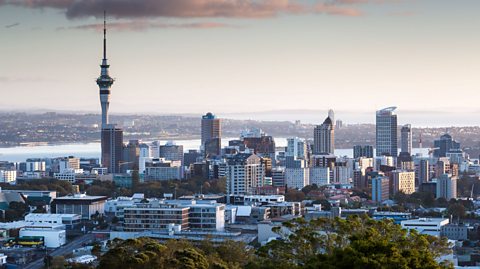
Australia is Oceania's largest island and has a population of around 25 million people.
Key cities in Oceania include Australia's capital city Canberra, Sydney (also in Australia), Auckland (New Zealand), and Port Moresby (Papua New Guinea).
Many languages are spoken across Oceania. There are over 700 languages spoken in Papua New Guinea alone. Some of these languages are around 10,000 years old.
Agriculture, fishing, forestry and tourism are some of Oceania's biggest industries.

Activity: Quiz – Oceania
Bitesize Primary games. gameBitesize Primary games
Play fun and educational primary games in science, maths, English, history, geography, art, computing and modern languages.

More on The 7 continents
Find out more by working through a topic
- count7 of 14
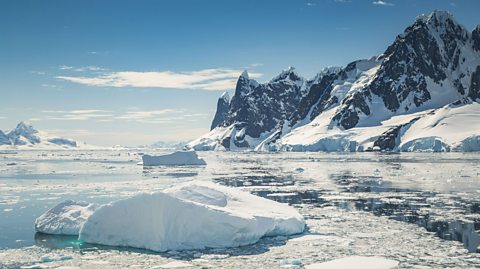
- count8 of 14
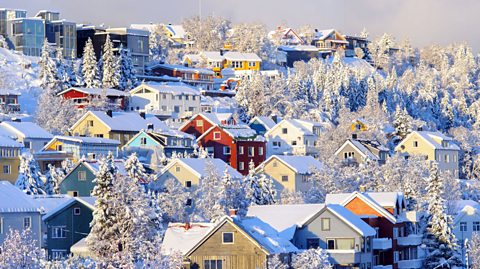
- count9 of 14
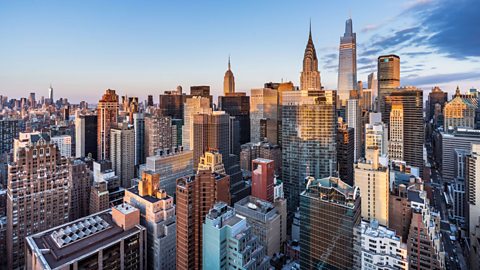
- count10 of 14
